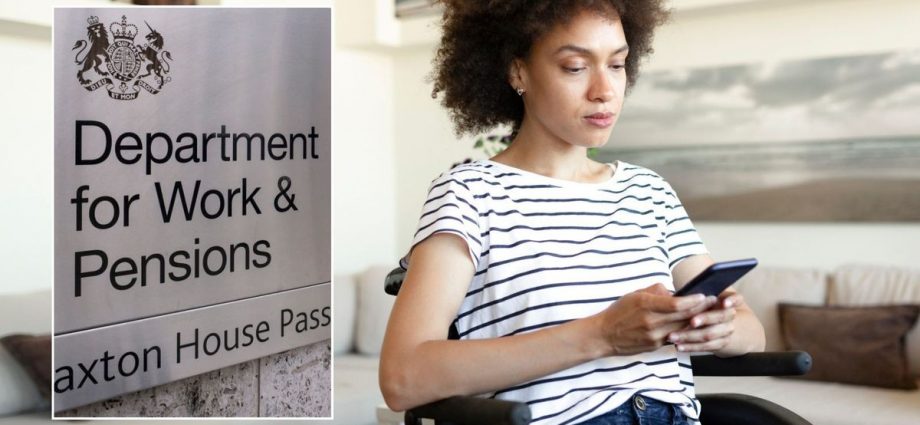Recently announced changes to Personal Independence Payment (PIP) – the primary disability benefit administered by the Department for Work and Pensions (DWP) – could face “legal action” in the near future.
Chancellor Rachel Reeves unveiled her Spring Statement yesterday, confirming further benefit cuts and to PIP which include a tightening of the eligibility criteria and a freeze on payment rates.
Legal experts are now warning that these PIP changes could face significant legal challenges as claimants could claim the reform is discriminatory.
Daniel McAfee, the head of Legal Operations at Lawhive, believes the stricter eligibility criteria is where the “legal battleground will be”.
“The Equality Act 2010 could come into play here. The Act prohibits discrimination against disabled people,” McAfee explains.

Legal experts are warning over the potential consequences resulting from the changes to PIP
GETTY
He warns that if the new criteria disproportionately affect those with particular disabilities, especially mental health conditions, there could be grounds for indirect discrimination claims.
“Think about the challenges in quantifying mental health. How do you objectively measure ‘anxiety’ or ‘depression’ in a way that aligns with rigid criteria?” McAfee questions.
Legal action might be possible if the Government’s criteria unfairly impact disabled people or fail to provide reasonable accommodations for specific needs.
The assessment process could be scrutinised on whether it was lawful, rational, and proportionate.
McAfee also raises concerns about the government’s plan to freeze PIP payments without inflation adjustments.

Rachel Reeves had defended the policies announced in the Spring Statement this morning
GB NEWS
“Freezing PIP payments without inflation adjustment could lead to serious legal issues,” he states.
This approach could potentially undermine the fundamental purpose of PIP, which is to help with the extra costs associated with disability.
“It could be argued that this freeze effectively reduces the real value of the benefit, making it harder for disabled individuals to meet their needs,” McAfee explains.
Such a freeze might be challenged on the basis that it breaches the government’s public law duty to act rationally.
He also argues the Government could face legal action if it fails to properly consider the impact of its decisions on vulnerable groups.
If evidence emerges that the freeze leads to increased hardship for disabled people, McAfee believes “there could be a strong case” for legal challenge.
During the Spring Statement, Reeves told Parliament: “The Labour party is the party of work. We believe that if you can work, you should work. And if you can’t, you should be properly supported.”
These reforms to DWP come as the Government claims it inherited a “broken system” with more than 1,000 people qualifying for PIP every day.
The Resolution Foundation estimates that between 800,000 and 1.2 million people could lose annual support ranging from £4,200 to £6,300 by 2029-30 as a result of these changes.
PIP is designed to help cover the extra costs associated with disabilities or medical conditions, regardless of employment status or savings.
LATEST DEVELOPMENTS:
 Disabled benefit payments could be impacted if the proposed overhaul is implemented GETTY
Disabled benefit payments could be impacted if the proposed overhaul is implemented GETTY Under current rules, claimants need between eight and 11 points to receive the standard daily living or mobility component, with higher rates awarded for 12 points or more.
From November 2026, applicants will need a minimum of four points in at least one activity to qualify for the daily living component.
This means demonstrating greater difficulty with tasks such as washing, eating and getting dressed.
While existing claimants will not be immediately affected, the changes will impact those reapplying or facing reassessment after implementation.
The mobility component assessment remains unchanged. People with permanent or deteriorating health conditions will no longer face reassessments, determined on a case-by-case basis rather than from a set list of conditions.
Most assessments will also shift to face-to-face rather than phone or video formats.
GB News has reached out to the DWP for comment.


